Transcripts
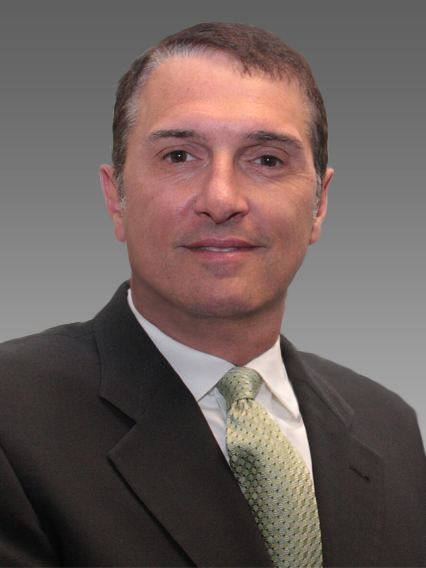
Erik: Joining me now is Bianco Research founder Jim Bianco. Jim, it's great to get you back on the program. It's been such a long time. For any new listeners who aren't familiar with Jim. He's kind of our MacroVoices hero, the guy he along with Dr. Chris Martenson, who really helped us be the first financial media outlet to call the COVID pandemic. So Jim, it's great to have you back. I think we've already covered all the pandemic stuff back when so I want to talk about the new big trend, which I think is not just transitory inflation, like Janet says, but I think this is secular. What do you make of the inflation trend? And please make an argument either for or against secular as opposed to just cyclical inflation.
Jim: Yeah, put me in a persistent camp. I mean, that would be the opposite of transitory. I do think that what we're going to find over the next several months is the inflation is going to stick around a lot longer than we think and it's going to be a bigger problem than we have. Let's take the data. For starters, the day we're talking is the day that the CPI report was released. And let's break it into two broad categories. Transitory inflation, and that would be things like airline tickets, restaurants, rental cars, hotels, motels, in the like, and non-transitory items and what you'll find is that the transitory items have definitely peaked, and they're on their way down. But the non-transitory items, that's everything else, with the big part of that being shelter inflation, which includes owners equivalent rent, and rents of primary residence, that's moving up. And that's at the highest level, at least in four years and making new highs.
So there is a transition going on in the inflation dynamics from the transitory stuff, to the more persistent stuff. Now, I'm not of the camp, that inflation is going to be big numbers, like 5, 6, 7 percent, because I do believe that demographics, globalization, and technology will hold it down overall. But I think we could see a three handle stick around a lot longer than we think when it comes to inflation. And why is that an issue, because we've got a 1.25 10-year note yield. If we had a 3.50 100-year note yield, no big deal. But when you have a 1.25 10-year note yield, and you have a realization, that inflation might stick around in the three handle, that could pose a problem for the bond market. And if the bond market eventually gets a problem, then everybody has a problem.
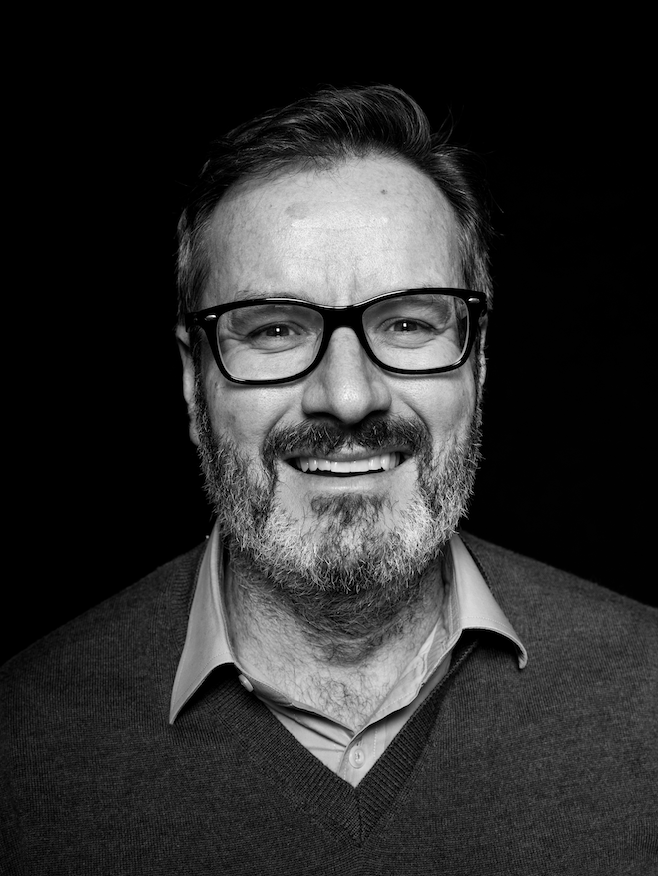
Erik: Joining me now is Paul Krake, founder of View from the Peak. Paul, it's been several years since I had you on the program, it's great to get you back. I want to imagine because so many people have said that in finance the week after Labor Day tends to be kind of when the big boys get back from the Hamptons and things start to move. I want you to imagine you've been running the macro desk for the biggest bank in New York for the summer and the big boys are back from the Hamptons, and your job is to brief them. What are the macro trends that they need to be thinking about? What are the thematic, macro things that are on the horizon? What should they be thinking as they take over the reins of the macro desk?
Paul: So Erik, am I in the office or am I still at home?
Erik: Hahaha, I don't know.
Paul: Because that is obviously a big part of it, right? Because, you know, if you're looking at this, you know, if you look at the world through a traditional macro lens. A lens that I think is structurally flawed, and we'll get into that a little later, but this rolling three month, this rolling three month cycle that that the macro world tends to live in. You know, obviously, if you're looking between let's take a little further and say now, in the end of the year, you've got the sort of the two, I think there's two major narratives that you need to think about or three. Firstly, is COVID and the and the transition towards the reopening world, Delta variant, then the vagaries around that, and how that's affecting different parts of the world, putting them in different cycles and the like. Secondly, and most pertinent to the value of asset prices is the prospect of tapering. Do they? Don't they? When when does that begin? And how does that work into the economic framework that we look going into 2022.
And the third thing, which again, we are looking through this rolling three months window is is common prosperity is the notion of what China is doing. And that Erik, I assume we don't have five or six hours to explore that in the depth that that deserves. And I think if if I was to make one observation at the morning meeting at my very large investment bank, where I run macro. I would say to everyone to look at this through a blanket approach or a singular lens is the wrong way to look at China currently, because it is much more nuanced and complicated than most people think. And, frankly that framework of China and common prosperity is more than a three month is more than a three month view. And I think, frankly, the other stuff of the lingering effects of COVID, or this is what I call COVID scarring, how that plays out. And obviously the implications for tapering, a rate tightening cycle. Do we actually get to that rate tightening cycle obviously goes further than the end of the year, but within the three month window, that's what we think you should be thinking about.
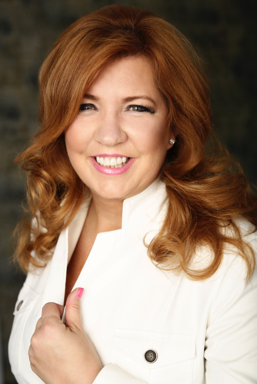
Erik: For this year's two part Summer Special we're going to focus on the digital currency and decentralized finance revolution that has already begun. As many listeners know I wrote a book on this subject back in 2018. But a lot has changed since then. So we're calling in the experts for an update on what I believe will be the single most important trend of the next two decades. I'll be joined by two expert guests for this two part special. My first guest is Dr. Pippa Malmgren former US presidential adviser, best selling author, and partner in the Monaco Foundry, a startup incubator in Europe. Pippa, thanks so much for joining us.
Pippa: Thank you for having me as always.
Erik: Thanks, Pippa and also joining me as a first time guest on macro voices is Clint Cox. Clint is the Co-Chief Investment Officer of Crypto Futura Fund and has been following crypto closely and investing in it since 2015. Clint also spends considerable time looking at macro trends on a global scale. Clint, welcome aboard.
Clint: Hey, thank you, Erik. It's gonna be a blast to be on the podcast with you and much appreciated.
Erik: It's great to have you on as a first time guest. I'm going to start by asking each of our panelists to share their high level big picture view of both digital currency and decentralized finance. What is it going to mean to financial markets, and for that matter to broader society and the course of world history. I'll start with my own view on the subject, and then ask each of our guests to share theirs. I am personally convinced that the invention of the secure digital bearer asset. That's the fundamental innovation that underlies both digital currency and decentralized finance, will make a more profound change to society, and the course of world history than the advent of the personal computer, or the commercialization of the public Internet. I really am convinced that it's that big of a deal, and that it will completely change what money itself is, how it works, and how we use it. We are very, very early in this story.
Cryptocurrencies like Bitcoin have been around for more than a decade, but they only play a small part in the much bigger story, which has only just begun to unfold. The Bitcoin fan club acts as if Bitcoin is going to take over the universe. But I think that so far, they're only seeing a very small part of the overall picture. Meanwhile, central banks have finally woken up and recognize the need for central bank digital currencies or CBDCs. But frankly, their efforts to date have been lame at best. So far, none of them seem to have recognized the opportunity to design digital monetary policy transmission tools into CBD systems. Something I'm convinced will eventually be seen as the principal appeal of CDBCs in the eyes of central bankers. Silicon Valley smells blood, and already knows that the grand prize in this story goes to whichever digital currency system ultimately replaces the conventional US dollar as the world's global reserve currency.
The financial media is completely out to lunch. The most common quip is oh! But the financial system is already digital. CNBC hosts are not the only ones completely ignorant to the distinction between true digital cash and the digital accounting systems that have been used for decades to manage conventional currency deposits. Even big institutional funds that offer exposure to cryptocurrencies are often managed by people, who as far as I can tell, are completely clueless as to where all of this is ultimately headed. Moving beyond just digital currency, decentralized finance or DeFi for short, refers to the application of secure digital bearer instruments to trading of securities and other assets. This directly enables disintermediation, the elimination of the current institution based financial system with an asset based system, where counterparty risk could be practically eliminated in ways beyond the wildest dreams of the designers of the current system.
What I've summarized so far is just the tip of the iceberg, the trends that are already hot topics in finance, but there's so much more coming over the near horizon. So far, almost nobody but me is talking about the benefits of a true digital sovereign bond market. Someday, a new generation of tech savvy central bankers will take office and they'll be quick to understand why Secure Digital bearer assets are inherently superior to any conventional currency, and central bank reserve assets. When that happens, the US dollars monopoly as the global reserve currency will end. But it doesn't end with digital currency and define. Ultimately, we have the opportunity to re-engineer the entire fractional reserve banking system, meaning that what money actually is, how it works, and particularly how credit is extended will change completely. This will be a complete and total game changer for the banking industry.
And my prediction is that some of the largest and longest standing commercial and investment banks in the world will eventually be displaced by new tech savvy financial institutions whose names we haven't even heard yet. So my goal in this year's summer special is to really expand the conversation to not just digital currency in the current DeFi trend, but to the ultimate digitalization of the entire global economy. We're headed into an entirely new era of finance, where the centuries old fractional reserve banking system will eventually be replaced with something much better, and how credit works will change completely for all borrowers, from individual consumers to entire nations. So I think we have a whole lot to talk about today. But already, I've gone on too long with my own vision of where this is headed. So now I'd like to ask our expert guests to share their own vision of where this is headed. And by all means, feel free to disagree with me guys on anything I've said. If you feel so inclined, let's start with Dr. Pippa Malmgren. Pippa, please share your vision of the future of digital finance with our listeners.
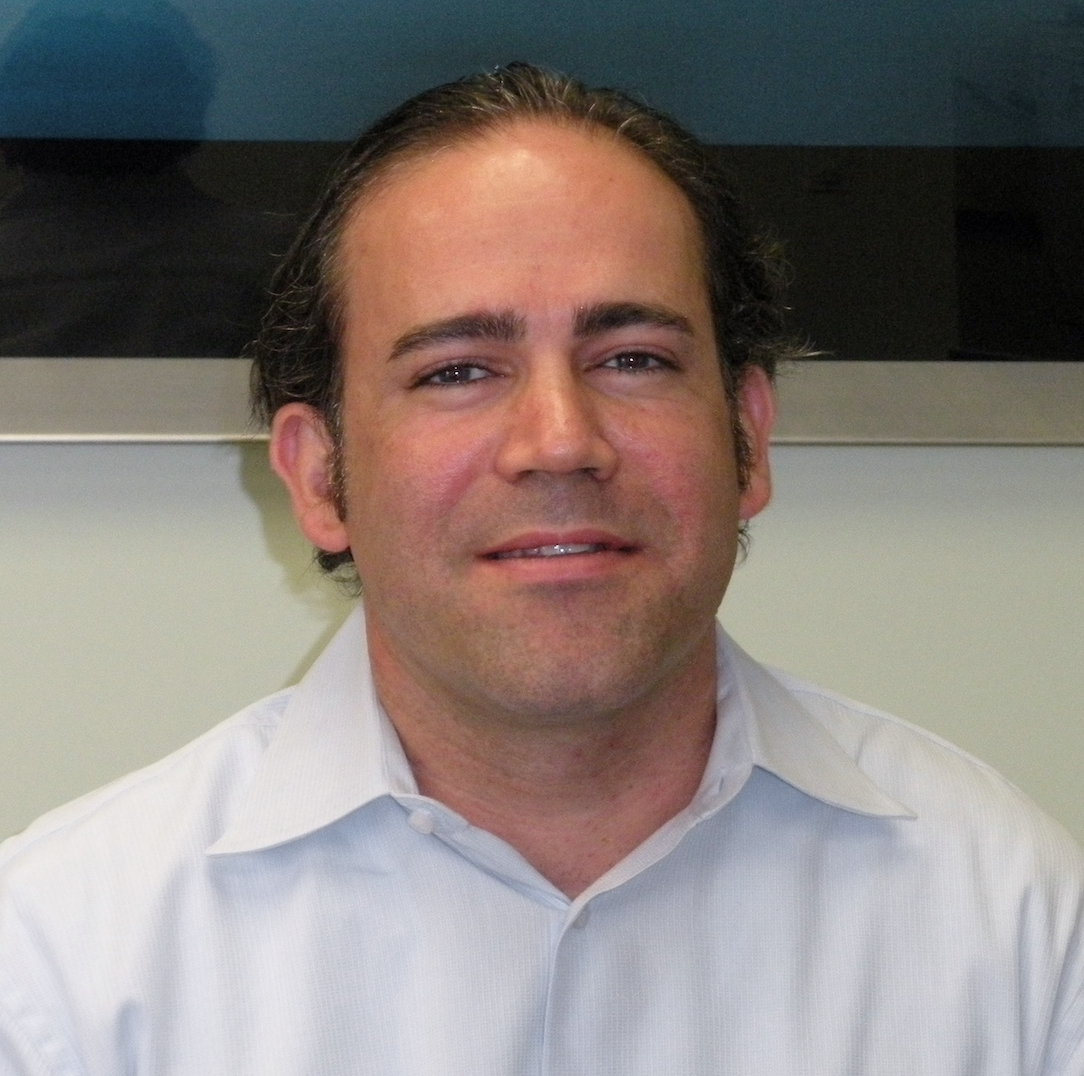
Erik: Joining me now is Wayne Himelsein founder of Logica Funds. Wayne has prepared a slide deck to accompany today's interview. Registered users will find the download link in your research roundup email. If you don't have a research roundup email, just go to our homepage macrovoices.com. Look for the red button that says looking for the downloads.
Wayne, there's a backstory to how we got you on the show this week. Our listeners retreated way back in the beginning of 2018. In January, we had Chris Cole, from Artemis Capital on the show and I want to refer actually to your slide deck on page seven because when we had Chris on in January, we were at the top of that big black performance line of this short volatility trade, which had gotten so much attention and frankly, suckered a lot of people into taking risks they didn't understand.
Chris told us what was about to happen, or what was at risk of happening and of course as your chart shows here, that's exactly what happened only a couple of weeks later. Since then, we've had a huge amount of interest in this subject. But we really have a lot of listeners who want to know how do you put on the long vol trade and what's the real secret sauce to getting a positive carry when you do that. So when you're kind of the guy for the long vol fund. Talk to us a little bit about how you see this long vol versus short vol space, and how your views maybe differ from Chris Cole's, which a lot of our listeners are familiar with.
Wayne: Sure. Yeah. So long vol versus short vol space. I mean, that's just a giant question. And it's a giant question because short vol is really just everywhere. I mean, it's pervasive across all of Wall Street. And so when you say the space is I look at it as like 99% shortfall, and then perhaps 1% of space as long vol, which is, you know, certainly the contrarian view. And to really highlight the extremes of short vol, there's a great graphic that we have on page five of the presentation, which shows how this is the negative skew across different hedge fund strategies. And so you see that we call it the blood shark, it's the blood shark because everything's red, right? And then just doesn't matter what type of strategy you are. And, you know, the top one is merger arb has a one of the highest negative skews in the industry, or across hedge fund styles at least over that period. It's not totally persistent over time, but certainly over this period, it was merger arb and you go down the list, there's completely different things event driven and multi-strategy, relative value, they all have their pitch books with completely different stories to tell about what they do and how they do it, and how they identify cheap versus expensive and all these different facets of each strategy.
And yet, at the end of the day, they all share the same exposure, which is this negative skew, ie their down vol is greater than their up vol. They consistently make little bits of money. And every once in a while have these extreme events where things go really out of whack and get this big downside move, or big drawdown that creates this negative skew. So it's like always waiting for this event when you're invested in one of these strategies, which is really all strategies is the way to think about it. And the one last point looking at this page in this chart of how widespread it is in our industry is, to me it's almost ironic is the let's see, eighth one down is hedge fund index of multi strat. So multi strat chose to have a -1.2 negative skew. But the point here is the irony is that it's multi strat like these are people who get into the business to say, we're going to diversify strategies, right, their sole job is to build a diversified book and yet, with all that they're doing at the end of the day, no matter how diverse their pie chart is, they're still ending up with the same grand exposure to short volatility and it's just fascinating, right? How much of it there is out there.
So when you say that the short vol space, it's really to me the answer is pretty much everyone right? So then on the other side of the coin, you get the small group of people who say okay, you know, we're gonna battle the world, right? We're gonna say, it's really hard to do. All these odds are against you when your long vol. But the problem being that you don't want to sit with that negative skew. You want the opposite outcome in your book, we want the fact that we want our up vol to be greater than our down vol. It's okay to make little bits along the way and then every once in a while, have a home run. To me that's a much happier, safer, and pleasant way to live is I'm not sleeping at night, because the big event might happen tomorrow, I'm going to sleep comfortably because tomorrow I might have the big pop, right? And so it's just almost like philosophically, it's the other side that is a pleasant way to exist. So that's point number one, which is really the two different spaces.
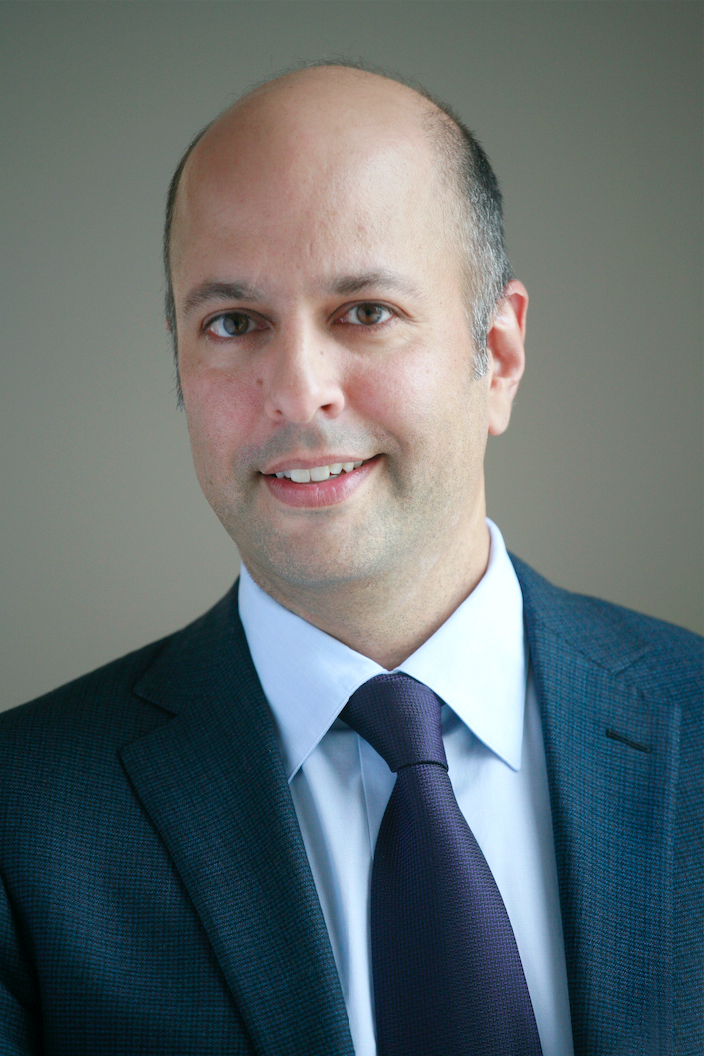
Erik: Joining me now is Lakshman Achuthan, founder of the Economic Cycle Research Institute. Lak has prepared a slide deck to accompany today's interview. Registered users will find the download link in your research roundup email. If you don't have a research roundup email, it means you're not yet registered at macrovoices.com. Just go to our homepage, click the red button that says looking for the downloads. Lak, it's great to have you back on the program. Last time we talked you were I think earlier than most people calling out the inflation turning up the way that clearly it has. Are we still looking at and I think it was not just inflation. But you were looking at business cycles turning up and a number of things. Let's do a quick review of what we discussed last time we had you on the program and what's changed since then.
Lakshman: Sure, sure. Good to be back with you, Erik, thank you. I think we spoke last fall of 2020. And we were kind of updating several cycle upturn calls. And we look at many different cycles at ECRI. And so we had the business cycle upturn in the United States. We had the global industrial cycle upturn that we had also made from the spring of 2020, which was I think it's been a very key call. And then the related inflation cycle. It's a separate cycle upturn call that we made late last summer. And on each one of those cycles. There's been really interesting developments, Mostly I have to say to the downside, decelerations that we've been working through, you know, with people we speak with or our clients in recent months. And so, you know, last time we were on, we weren't equivocating. You know, there was lots of drama in the headlines. It seems like that's the norm these days, but during the whole all the upturn last year, we did not equivocate on those uptrend calls at all. Stocks went certainly along for the ride, commodity prices went along for the ride, inflation stuff went along for the ride. Even though you know, there was lots of stuff going on pretty serious stuff with a pandemic, and also alongside the political strife.
And all those calls, they held straight through the winter. But they started to show up like different cycles started to peek out. And you mentioned, thank you for mentioning the slide deck at the beginning of the call. We have this many cycles framework, what we call the equity framework. It's not a model, right? So nothing I'm talking about today is about models. It's about an array of leading indexes, coincident and leading indexes have different distinct but related cycles that we're tracking. And there's dozens of them. There may be dozens of them for one economy, and we're doing them for 22 economies. And so it's from that vantage point that I'm giving comments today.
And our basic process that's important to understand, and it kind of sets up this discussion is that once we've made a cycle turn call like last year was all the upturn calls. You know, almost immediately, our job is to be on the lookout for the next downturn. What's the risk of that cycle turn, you know, that cycle turning again. And, as I've intimated now, global industrial growth, we've made a downturn call in global industrial growth. And I think we should get into the nitty gritty on that. Separately so full period on that, and then a full stop and then a separate cycle is growth in the US economy. And so here, it's quite separate from the global industrial downturn call. We have a US growth rate cycle downturn call. And there are some you know that the on the inflation cycle call where you know, we did have that strong upturn call. Our forward looking future inflation gauge, the highest reading in that looks to be back in April. And it's kind of gone sideways a little bit. So we don't have the emphatic run up that we had earlier. And we can get into what's going on there too.
MACRO VOICES is presented for informational and entertainment purposes only. The information presented in MACRO VOICES should NOT be construed as investment advice. Always consult a licensed investment professional before making important investment decisions. The opinions expressed on MACRO VOICES are those of the participants. MACRO VOICES, its producers, and hosts Erik Townsend and Patrick Ceresna shall NOT be liable for losses resulting from investment decisions based on information or viewpoints presented on MACRO VOICES.
